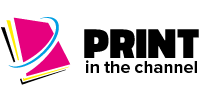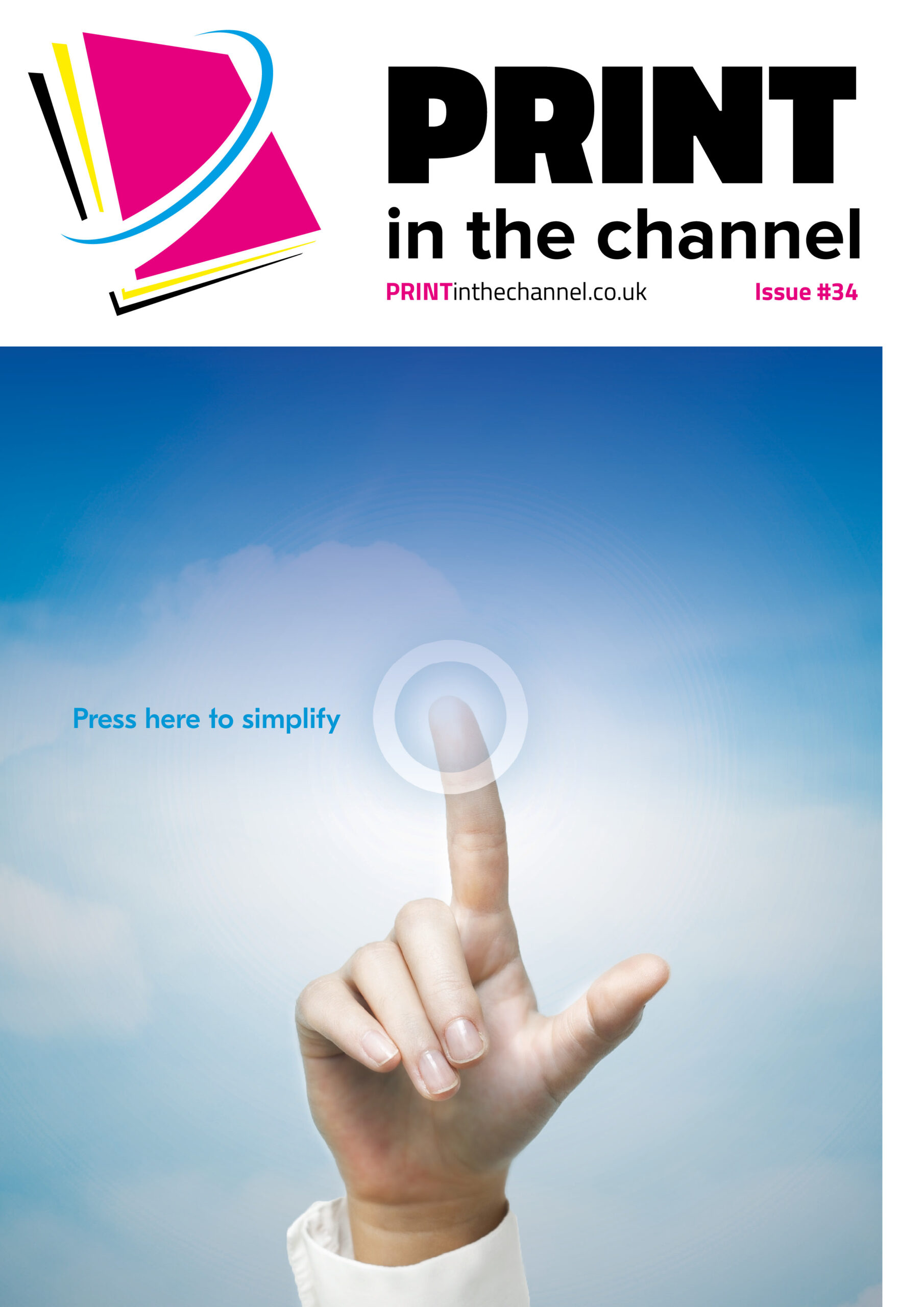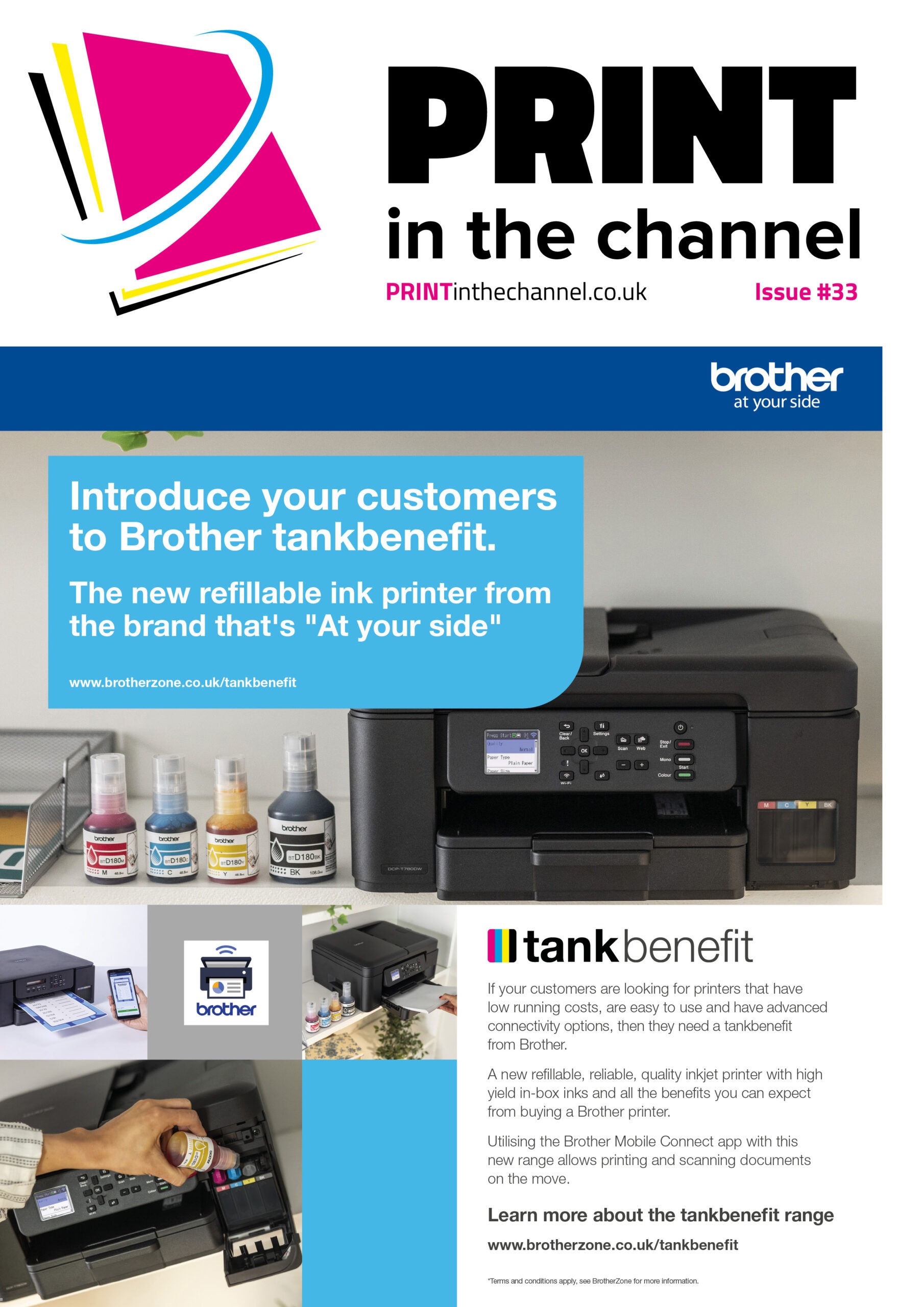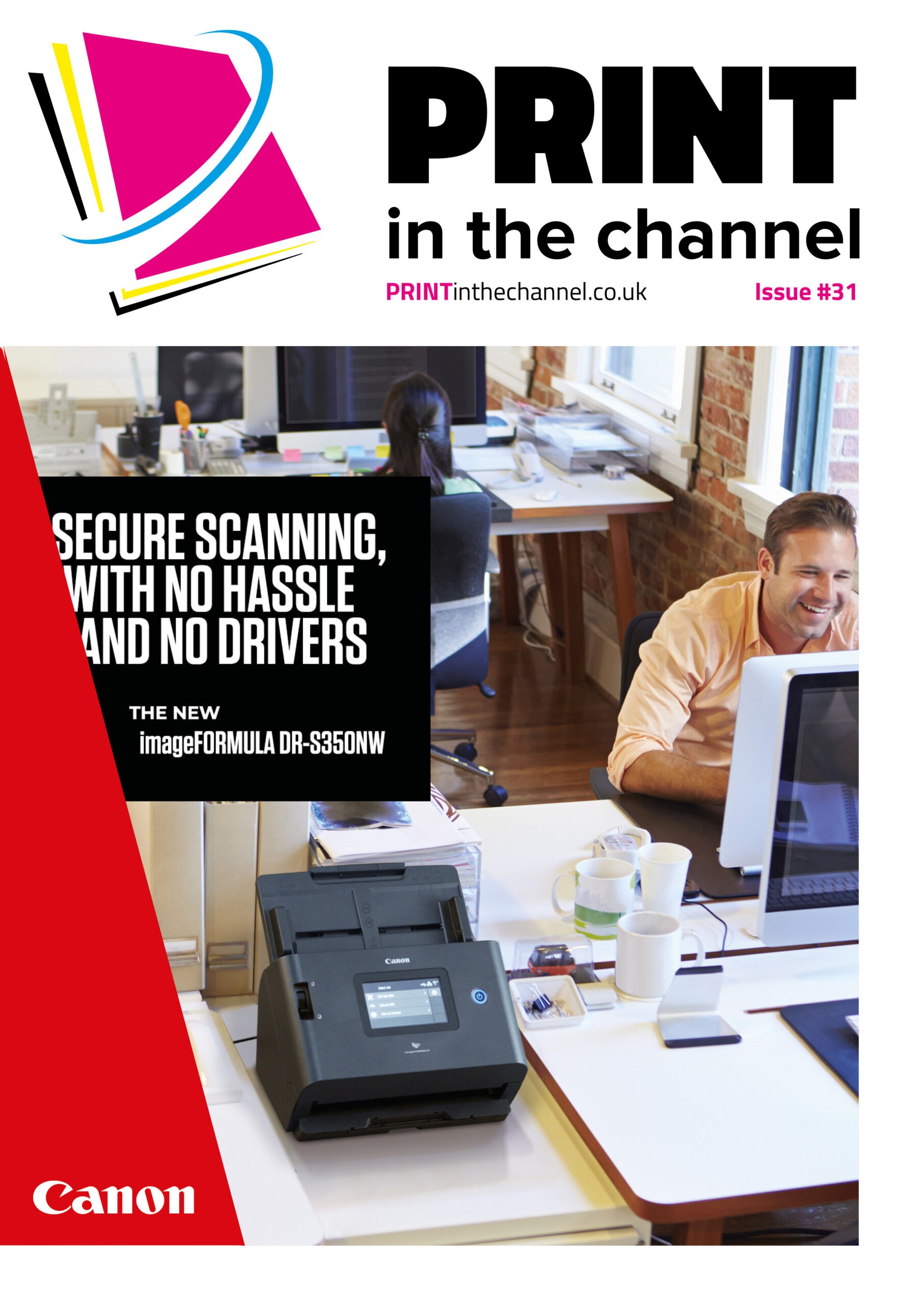Printer security should be a priority for businesses in the retail and hospitality sectors – and they often have differing requirements to those in other industries, which resellers should keep in mind when selling solutions to them.
Printers are essential bits of kit for businesses in the retail and hospitality sectors and, with the ever increasingly connected nature of them – and the amounts of personal data they can store – they need to be secure to combat the threat posed by cyber criminals.
“Many businesses tend to underestimate the importance of print security, but for retail and hospitality, it should be a top priority,” says Dan Wogan, product manager for managed print and solutions at Epson. “These industries handle large volumes of sensitive customer data, including payment information and personal details, making them prime targets for data breaches.
“Unsecured printers can be a vulnerable entry point, which could potentially allow unauthorised access to sensitive information. With the increasing reliance on connected devices and cloud-based systems, print security is essential for protecting customer and business data.
“Smaller businesses in the retail and hospitality sectors are particularly vulnerable due to having limited security resources and planning. They face various threats, including data breaches, hacking attempts and unauthorised access to sensitive documents.
“With fewer IT resources, these businesses can become easy targets. As printing is an area that is increasingly connected to networks, it is one that shouldn’t be neglected. Even for those with fewer resources there are simple solutions available such as regular firmware updates that can help address these challenges.”
Looking for weak links
Deyon Antoine, product marketing manager at Toshiba Tec, adds that companies have fallen victim to cyberattacks and have suffered data loss due to printer security breaches. “These unassuming devices can be easily overlooked when it comes to including them into a company’s IT security policy,” he says. “It’s easy to forget that technological advances and the demands of customers means that MFPs and barcode label printers have now evolved into sophisticated IoT devices, able to capture, collect and share data, and are no longer the dumb network device they once were.
“Cybercriminals will always look for weak links and entry points to exploit so security should be treated like any other smart device connected to the network, even more so, as hospitality and retail businesses have wireless networks which are public facing to enhance the customer experience.”
Deyon adds that Wi-Fi network hacks are especially a threat in hospitality businesses. “Where unsecured guest Wi-Fi networks can be exploited by attackers to intercept data or launch attacks on connected devices and systems,” he says.
“Malware and viruses can be introduced directly by unsecured USB ports and Wi-Fi hotspots on printers, these can then be used to disrupt operations, steal data, or provide attackers with a backdoor into a network.”
Differing solutions
While security is a priority, resellers should note that solutions for retail and hospitality businesses differ from those for businesses in other sectors.
Deyon says that while the core principles of print security remain consistent across various sectors, the specific solutions and their implementation can differ based on the unique needs and challenges of each industry. “For instance, these sectors often require high-speed printing for receipts, invoices, ID badges and guest information, necessitating solutions that can handle large volumes efficiently without compromising security,” he says.
“Print devices could also be more accessible to the public, increasing the risk of unauthorised use. Solutions like secure print release and robust authentication methods are necessary.
“BYOD mobile devices mean businesses must be vigilant as these devices themselves may have been unwittingly compromised elsewhere before joining a guest network.”
Deyon adds that USB printing can pose a huge security problem if print devices do not have antimalware and whitelisting security features installed. “Handling sensitive customer information (e.g., payment details, personal data) also requires stringent data encryption and compliance with regulations like GDPR.”
Dan adds that solutions for retail and hospitality businesses often require more lightweight, scalable and cost-effective solutions compared to other sectors.
“These businesses may need to comply with industry-specific regulations like PCI-DSS (Payment Card Industry Data Security Standard), which mandates extra layers of protection for handling credit card transactions,” he says.
“Additionally, retail and hospitality environments process high volumes of daily transactions, so secure and efficient print workflows are critical to maintaining customer trust and operational efficiency.”
Reseller conversations
With security being paramount, it is something that resellers should be pushing when talking to customers about it.
“Resellers should recommend comprehensive, easy-to-implement security solutions that protect devices and the data they handle,” says Dan. “Key solutions include encrypting data sent to printers to ensure sensitive information is secure during transmission and regularly updating printer firmware to close potential security gaps.
“The benefits of managed print services should also be emphasised, as it helps monitor print usage and enforces security policies to ensure that all devices in the fleet remain secure.”
Deyon says there are several solutions businesses can employ to enhance print security. “Implementing secure print release solutions, ensures that print jobs are held in a secure queue until the user authenticates at a Toshiba MFP with ID cards, PINs or username and passwords,” he says. “This prevents sensitive documents from being left unattended.
“Also, using robust authentication methods, like multi-factor authentication, single sign on and access controls can help ensure that only authorised people can access print devices and documents.
“Meanwhile end to end encryption ensures that sensitive information remains protected from unauthorised access and segmenting the print network from the main business network can limit the spread of potential breaches.
“Implementing monitoring and auditing tools such as Toshiba’s e-FOLLOW.cloud to track print activities can help detect and respond to suspicious activities promptly.”
Finally, Deyon adds that educating employees about print security best practices can reduce the risk of human error – as sometimes it isn’t the technology that poses the biggest risk.










